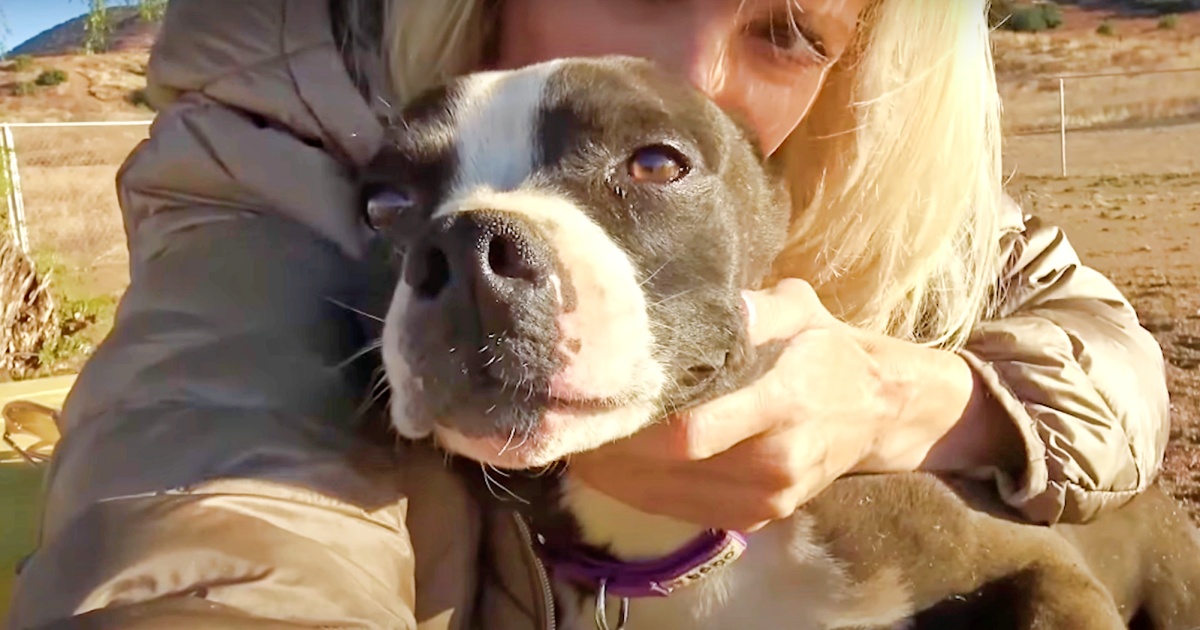Dog bites can be frightening and painful. While the physical injuries are often obvious, the emotional effects can last even longer. Many victims struggle with fear, anxiety, or even sleep disturbances after being bitten. These challenges raise an important question: is it possible to sue for psychological trauma caused by a dog bite?
Learning about the law and knowing what rights are available can help victims find the justice and support they deserve.
Physical and Emotional Effects
Most people think about stitches or scars when they hear about animal bites. However, the harm does not always stop there. Some victims carry deep emotional scars that affect their daily lives.
It is common to experience panic, avoidance of public spaces, or even sleep deprivation because of fear. Children may refuse to play outside due to these fears.
The law recognizes that such struggles have real consequences and may be included in a legal claim, not just the cost of medical treatment for physical wounds.
When Legal Action Is Possible
The rules about dog bites are not the same everywhere. In some states, pet owners are automatically responsible if their dog bites someone. This is known as “strict liability.” In other areas, the victim must prove that the owner knew the dog was dangerous or that the owner acted carelessly.
For example, if a dog has already been involved in a severe attack and the owner allows it to roam freely again, the victim has a stronger case. In many states, even if the dog has never shown aggression before, the owner may still be held responsible simply because the bite happened.
If you are unsure whether your situation qualifies for a lawsuit, speaking with a dog bite lawyer in Illinois or one nearby can provide clear answers. A lawyer can explain how local laws apply, what evidence you need, and what type of compensation you may pursue for both physical harm and the lasting psychological toll.
Proving Trauma in Court
Unlike cuts or broken bones, psychological trauma does not appear in scans or photographs. Victims must often show proof in other ways. Records from therapy sessions, reports from doctors, or testimony from friends and family can highlight the impact. Keeping a journal of emotions, sleep disturbances, or changes in behavior may also support a case.
Courts take this type of evidence seriously. When combined with proof of physical pain, it can help demonstrate the psychological toll of the attack and lead to fairer compensation.
Types of Compensation
Dog bite cases often go beyond covering medical treatment for stitches or surgery. Victims may also be able to claim:
- Trauma counseling or therapy to manage emotional struggles.
- Lost wages if trauma prevents them from working.
- Pain and suffering for both physical injuries and psychological trauma.
- Future care costs, including long-term therapy for sleep disturbances or ongoing anxiety.
For children, courts may also consider the long-term effects, since early emotional scars can affect their development for years.
How Negligence Affects a Case
Negligence is often a key part of dog bite lawsuits. If pet owners ignore leash laws, fail to train their dogs, or do not control them properly, they may be held responsible. For example, if a neighbor lets their dog roam freely and it causes a severe attack, the victim may argue that the harm was preventable.
Showing negligence makes a case stronger. Even when the physical injury heals, the psychological toll caused by careless behavior often weighs heavily in court decisions.
Steps Victims Should Take
Taking the right steps after a dog bite protects both health and legal rights. Here are important actions to consider:
- Seek medical treatment quickly to prevent infection and address the wound.
- Report the bite to animal control or the police.
- Gather evidence, including photos, witness names, and the owner’s information.
- Document emotional struggles, including anxiety, sleep disturbances, or need for trauma counseling.
- Consult a lawyer with experience in dog bite cases.
These actions can make a big difference if legal action is needed later.
Why Legal Help Is Important

Dog bite laws are often complex and can vary widely. A lawyer can explain the victim’s rights, gather supporting evidence, and help show both physical and emotional harm. With professional help, victims can demonstrate how the bite left not only physical wounds but also emotional scars and a lasting psychological toll.
Many victims do not realize the full compensation they may be entitled to until they receive legal guidance.
Conclusion
A dog bite can leave more than a physical scar. It can cause long-lasting psychological trauma, sleep deprivation, and deep emotional scars that affect daily life. The law allows victims to seek justice for both physical harm and the hidden struggles that follow. With proof, support, and sometimes trauma counseling, courts may recognize the impact and provide fair compensation. Knowing these rights gives victims the chance to heal and move forward with confidence.



















 English (US) ·
English (US) ·